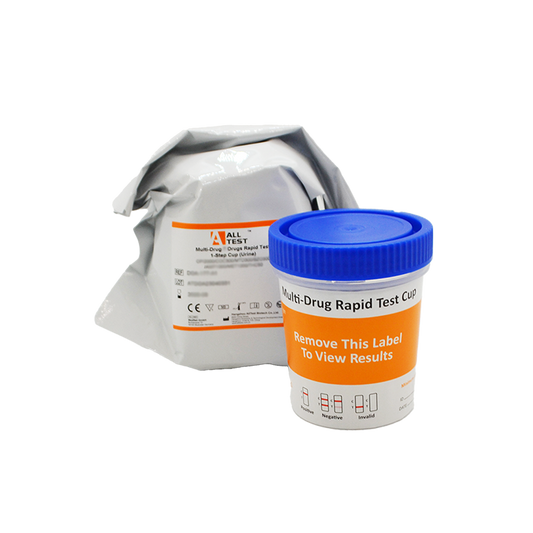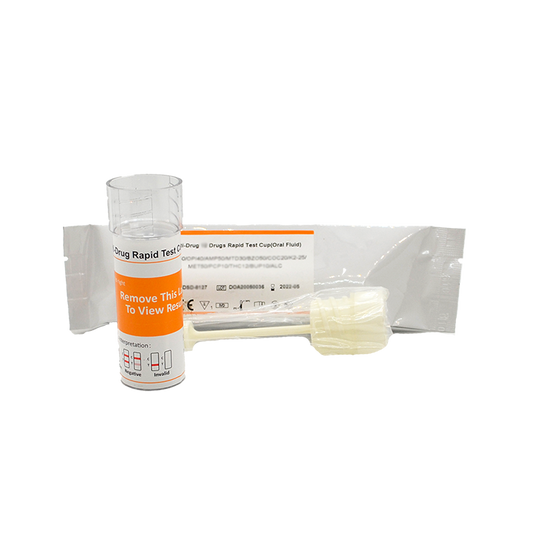Introduction
Preparing for a drug test can be a stressful experience, whether it’s for employment, legal reasons, or personal knowledge. Understanding the process and following best practices can help alleviate anxiety and ensure accurate results. This guide will provide you with practical tips and essential information to help you prepare for various types of drug tests.
Understanding Different Types of Drug Tests
Urine Tests: Urine drug tests are the most common form of drug testing. They are typically used to detect recent drug use and can identify substances such as marijuana, cocaine, opiates, and amphetamines.
Hair Follicle Tests: Hair tests can detect drug use over a longer period, usually up to 90 days. They are less effective at detecting recent use but are useful for identifying patterns of drug use.
Saliva Tests: Saliva drug tests are non-invasive and can detect recent drug use, typically within the past few days. They are increasingly popular for workplace and roadside testing.
Blood Tests: Blood tests are highly accurate and can detect the presence of drugs almost immediately after use. However, they are more invasive and expensive than other methods, so they are less commonly used.
General Preparation Tips
Know the substances tested: Research what substances the specific test will screen for. Employers and testing centers usually provide this information in advance.
Refer to our detection tables for urine and saliva for more information on how long drugs stay in the system.
Understand the detection windows: Different drugs stay in your system for varying lengths of time.
Avoiding contaminants: Avoid exposure to any potential contaminants that might lead to a false positive. This includes secondhand smoke and certain foods or medications that could interfere with the test.
Day before the drug test
Hydration: Staying hydrated is essential, but avoid overhydrating as this can dilute your urine sample, potentially leading to a retest. Aim for a balanced intake of water throughout the day.
Healthy diet: Maintain a healthy diet and avoid foods that could affect drug test results, such as poppy seeds, which can sometimes cause false positives for opiates.
Avoiding substances: Refrain from using any over-the-counter medications or supplements that might interfere with the test results. Some medications can cause false positives, so it's best to avoid them if possible.
Day of the test
Follow instructions carefully: Pay close attention to any instructions provided by the drug testing centre. This may include fasting, not drinking, avoiding certain activities, or specific collection procedures.
Stay calm: Staying calm and composed can help you provide an accurate sample. Anxiety can sometimes affect the process, so take deep breaths and try to relax.
Post-test considerations
Understanding results: Screening drug test results are available immediately. If the drug test is sent to a laboratory the results are usually available within a few days to a week. The drug testing centre or employer will provide instructions on how to receive your results.
What to do if you fail: If the screening drug test comes back positive, your employer will usually confirm the result through a secondary test usually done by a laboratory. Seek advice from a medical professional to understand your options and any potential implications.
Legal and ethical considerations
Know your rights: Understand your legal rights regarding drug testing in your country or jurisdiction. This includes knowing when and how you can be tested and your rights if you fail a drug test.
Ethical practices: Always approach drug testing with honesty and transparency. Attempting to cheat or manipulate the drug test can have serious consequences.
Conclusion
Preparing for a drug test involves understanding the type of test you will take, following best practices for preparation, and knowing your rights. By staying informed and proactive, you can help ensure accurate and fair testing outcomes.



